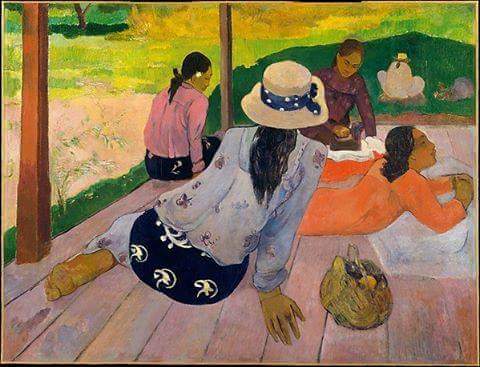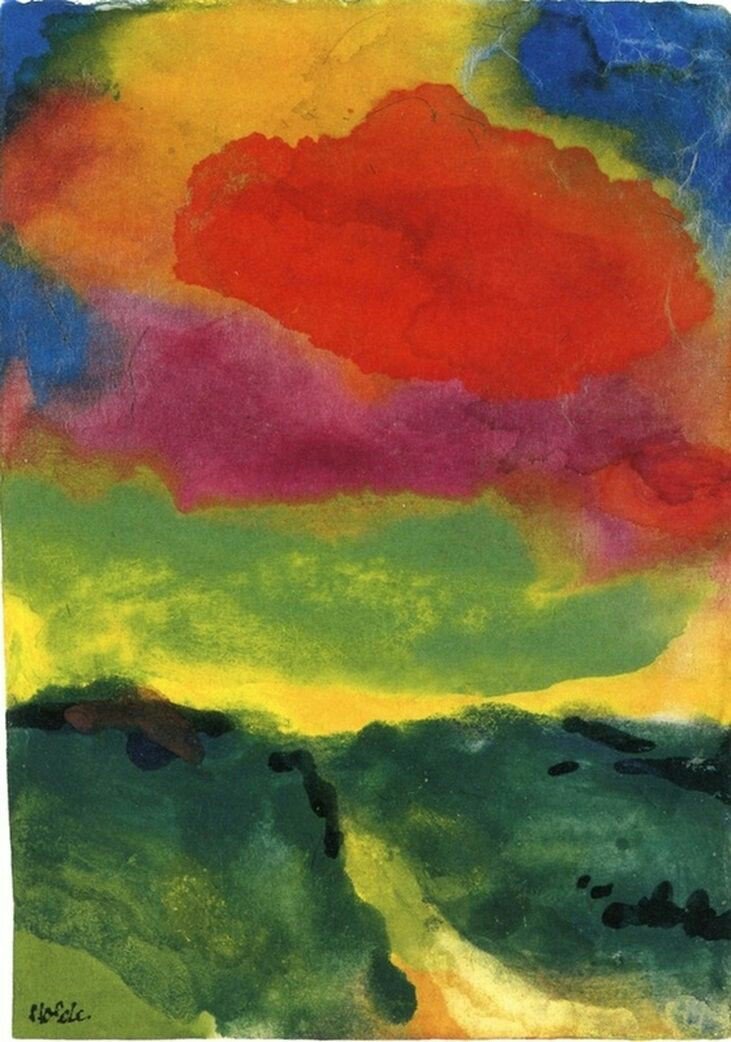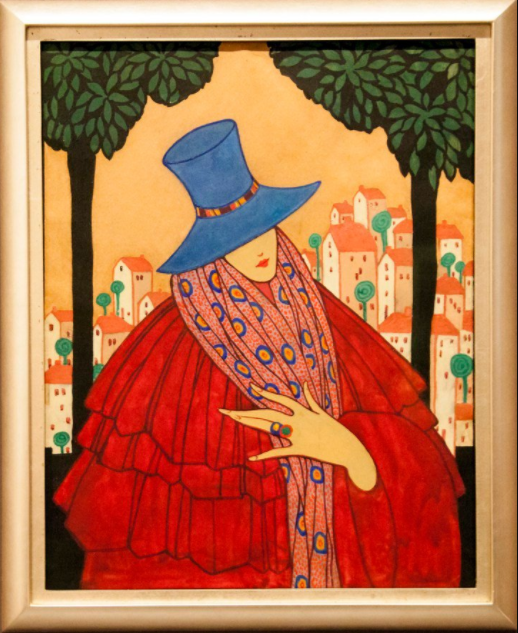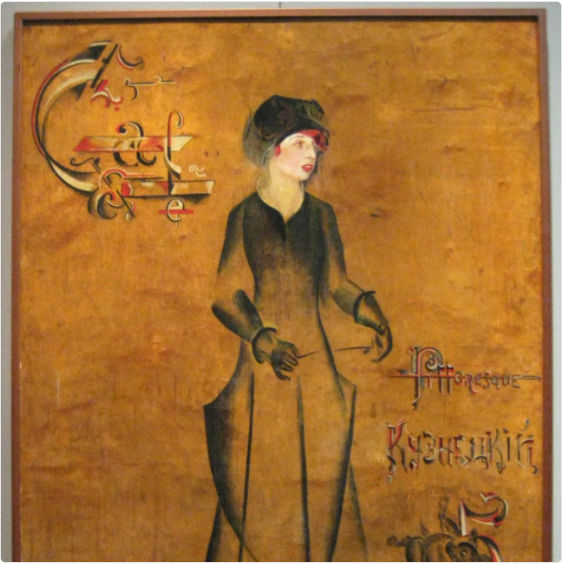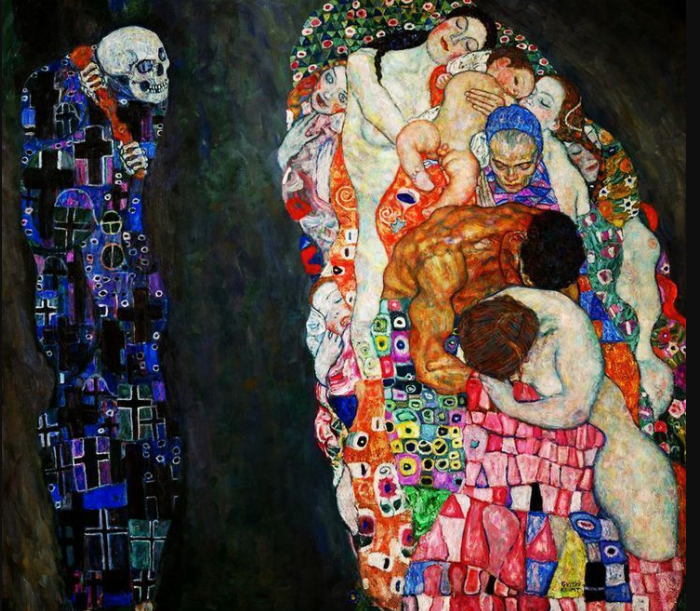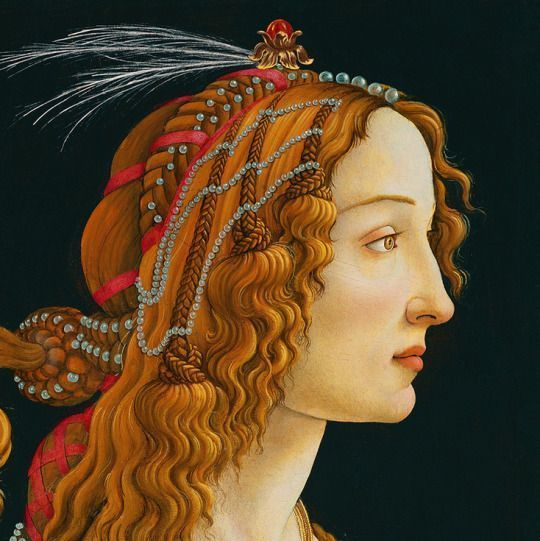This week has been about the culmination of two months work with my amazing colleagues on what good History CPD looks like. And so far, so good. If I needed confirmation that teachers are special (I didn’t) I got it this week, and though we know there will be harder days, the openness and professionalism of those we met so far has been such a validation or my choice to move out of the classroom to support teachers in curricular reform. Truth be told, this whole blog has been the story of my move, post by post from outright scepticism to understanding that without engagement with professional development, teachers can’t improve their teaching. Denying them their right to the opportunity to collaborate, improve and acknowledge their current good practice is a poor way to lead them.
It should come as no surprise then that this week’s selection of things to read is all about education.
Geoff Barton on why pushing teachers out of the classroom has to stop.
But as a profession, we’ve not been good at rewarding great teachers for being just that – great teachers. Apart from system flirtations with initiatives like the “Advanced Skills Teacher”, “Excellent Teacher” and “Lead Practitioner” programmes, the dominant progression route has been to move into management. As a result, we take good teachers and expect them to teach less and to manage more.
Alison Peacock says here: To teach and learn without limits is to place trust and empathy first, within a culture of high ambition for all. Essentially, if we believe that labelling children sets limits then we need to seize “transformability” as a means to see what might be possible, rather than focusing on a perceived deficit.
Successful people in education initiate, says George Couros: They innovate inside the box and do not let outside circumstances dictate their destiny. They are not waiting for the “next big idea” to find them, but go do what they can with what they have, to create the best experiences for the people they serve.
From Maria Popova, here’s ee cummings on art, life, and being unafraid to feel: To be nobody-but-yourself — in a world which is doing its best, night and day, to make you everybody else — means to fight the hardest battle which any human being can fight; and never stop fighting.
Cara Giaimo on the paperbacks that soldiers carried into war: The first set was released in October of 1943. Each month for the next four years, crate after crate of books made their way to overseas soldiers, pretty much wherever they were. “They have been dropped by parachute to outpost forces on lonely Pacific islands; issued in huge lots to hospitals… and passed out to soldiers as they embarked on transports,” reporter Frank S. Adams wrote in 1944.
Some good History in my podcast of the week, from the RTE Doc on One series on the Siege of Jadotville which does justice to these heroes who were forgotten, but are now being recognised for their bravery.
And finally, picture of the week is from Sean Scully Irish painter. Found it here.
